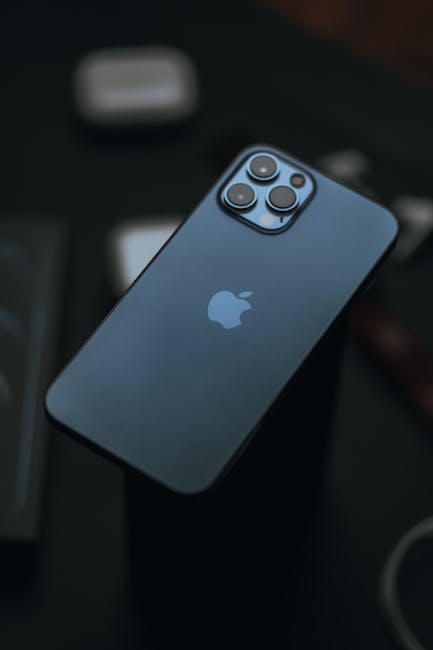It was recently announced that a Brazilian spyware vendor’s server was hacked, leaving thousands of victims of the questionable phone spyware vulnerable to data theft and even deletion of the spyware from their device.
The spyware, known as Spytech1, was created and marketed by the company, BD SpyTech. The company claims to provide access to people’s emails, text messages, calls, and other private information without their knowledge.
The hack was revealed by an anonymous source who claimed they got access to the company’s server. The hacker was able to access information collected by the spyware, including cell phone numbers, emails, and even voice mails.
In addition to gaining access to this information, the hacker could also remotely delete the spyware from target devices, leaving them vulnerable to more direct hacking attacks.
This latest breach is just one of many phone spyware scandals to come out in recent years. In 2017, an Israeli-based company called NSO Group was found to have been using similar spyware to target hundreds of people. In 2018, it was revealed that Australian spyware firm Neotovis had also been involved in selling spyware to governments, corporations, and other entities.
The news of the Spytech1 hack is particularly concerning because it shows that these illicit services still exist and remain vulnerable to attack. It is essential that governments and private companies alike work to ensure these vulnerable services are shut down before any more data is stolen or exposed.
On a more personal level, it is also important to be wary of downloading and using any app that is not from a trusted source. Be mindful of the permissions that you grant to these apps and ensure that you understand what exact information they have access to.
Finally, it is always a good idea to back up data that you want to keep safe. Doing so will ensure that, in the event of a hack, you will have a secure backup of your information for retrieval.
In conclusion, the recent Spytech1 case is yet another example of the risks posed by phone spyware. Governments and companies should work hard to ensure that these illicit services are shut down and that victims and potential victims have access to safe data protection options. Finally, individuals can take measures to protect themselves from these risks such as downloading apps from trusted sources, and backing up important data.
Hey Subscribe to our newsletter for more articles like this directly to your email.
